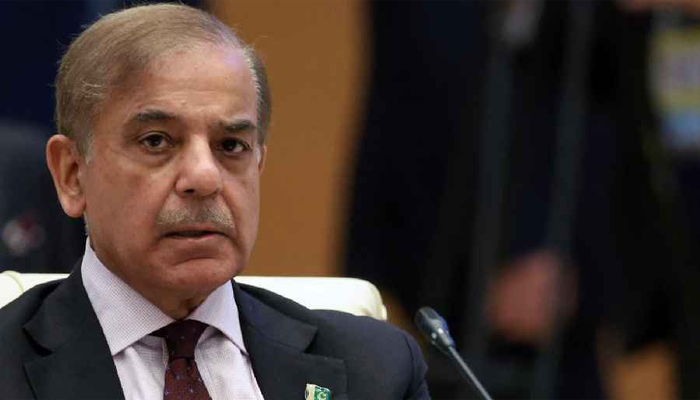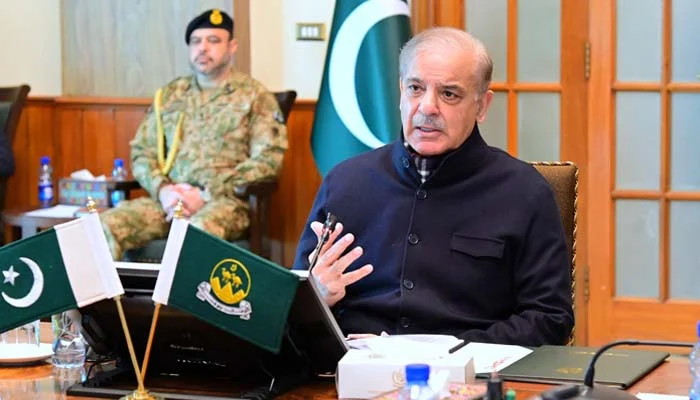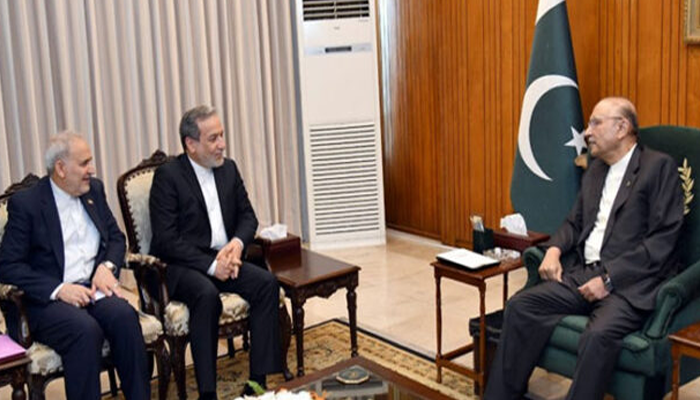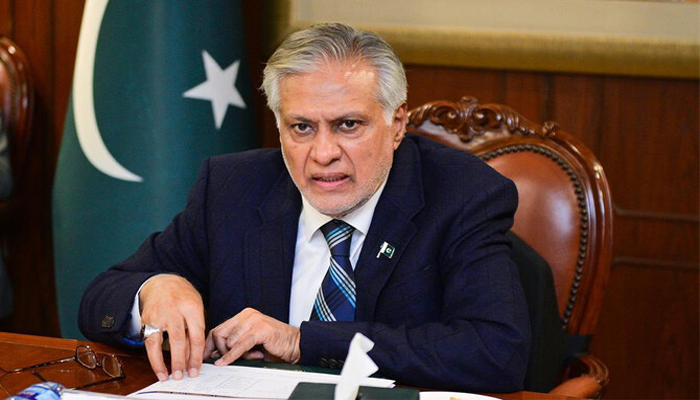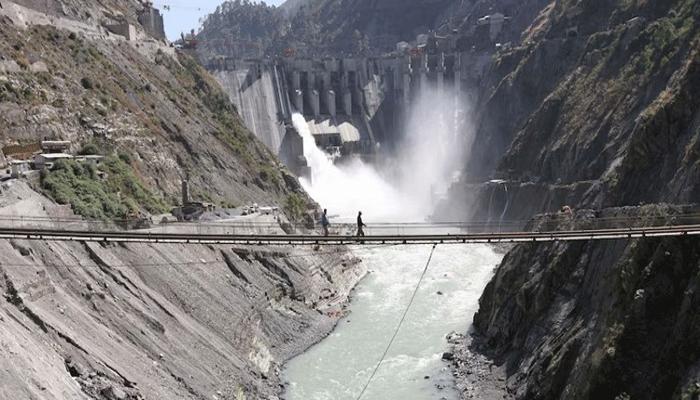ISLAMABAD: In a growing digital clampdown amid rising tensions between Pakistan and India, YouTube has taken down the official channel of Prime Minister Shehbaz Sharif following a complaint from the Indian government. The move comes shortly after India blocked social media accounts of several Pakistani celebrities and journalists.
The ban was triggered after PM Shehbaz Sharif’s speech at the Pakistan Military Academy in Kakul was uploaded to his official YouTube channel. The video was reportedly removed following an Indian government complaint, prompting YouTube to disable access to the channel in India. The platform confirmed that the Pakistani Prime Minister has the right to appeal the decision.
The crackdown is being widely seen as part of the Indian government’s broader attempt to suppress alternative narratives related to the April 22 Pahalgam incident in Indian Illegally Occupied Jammu and Kashmir (IIOJK), which claimed 26 lives. New Delhi has alleged cross-border involvement but has yet to provide conclusive evidence. Pakistan has categorically denied any role and called for an independent investigation.
This isn’t the first instance of digital censorship by India in recent days. Former Pakistani cricketer Shoaib Akhtar's YouTube channel — boasting over 3.5 million subscribers — was blocked in India following his commentary on the Pahalgam attack. Other former cricketers, including Basit Ali and Rashid Latif, also had their channels banned.
India has also shut down access to 16 Pakistani news YouTube channels within its territory. According to a report in The Hindu, these banned channels have a combined subscriber base of approximately 63 million and include prominent networks such as ARY News, Geo News, Dawn News, Samaa TV, Bol News, Raftar, and Suno News.
Critics have denounced the bans as a violation of freedom of speech and an effort to silence dissenting or critical viewpoints.
The escalating digital restrictions reflect the deepening mistrust and diplomatic strain between the two nuclear-armed neighbors, with online platforms now becoming the latest battleground for narrative control.

